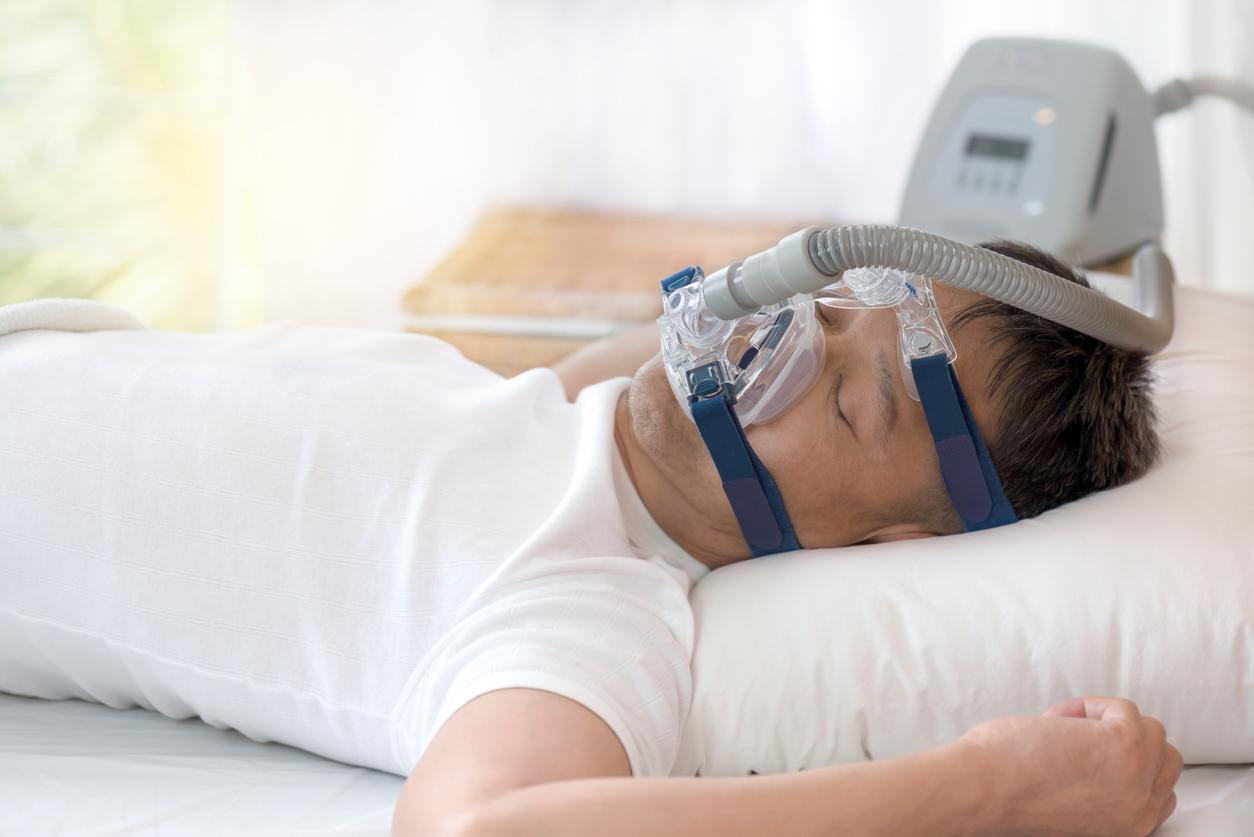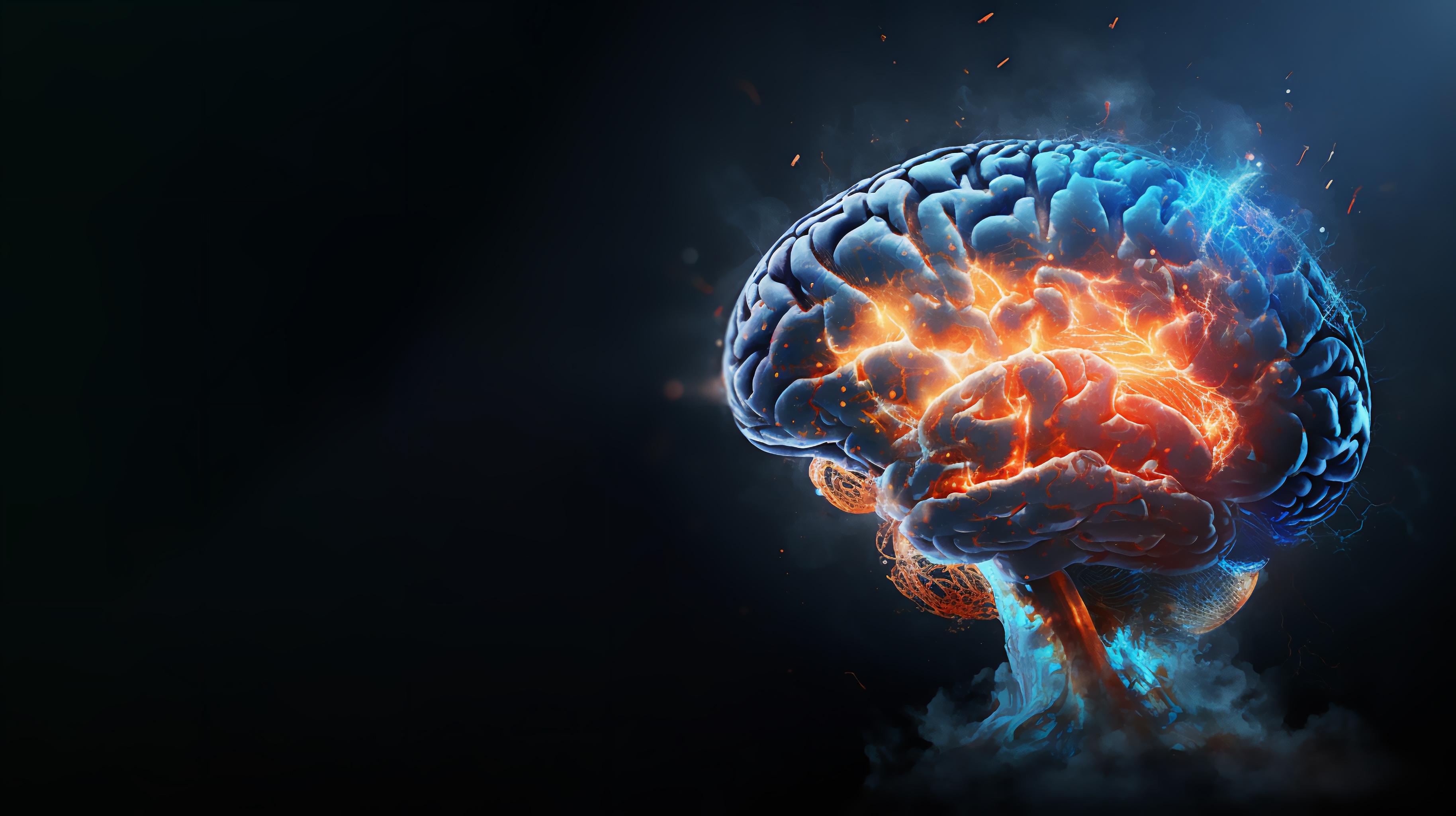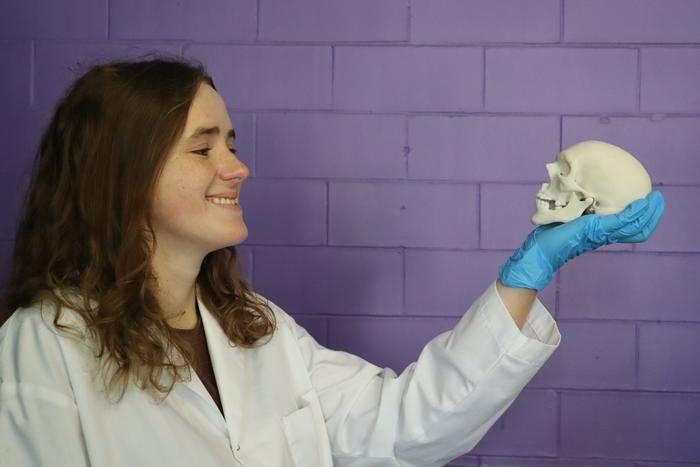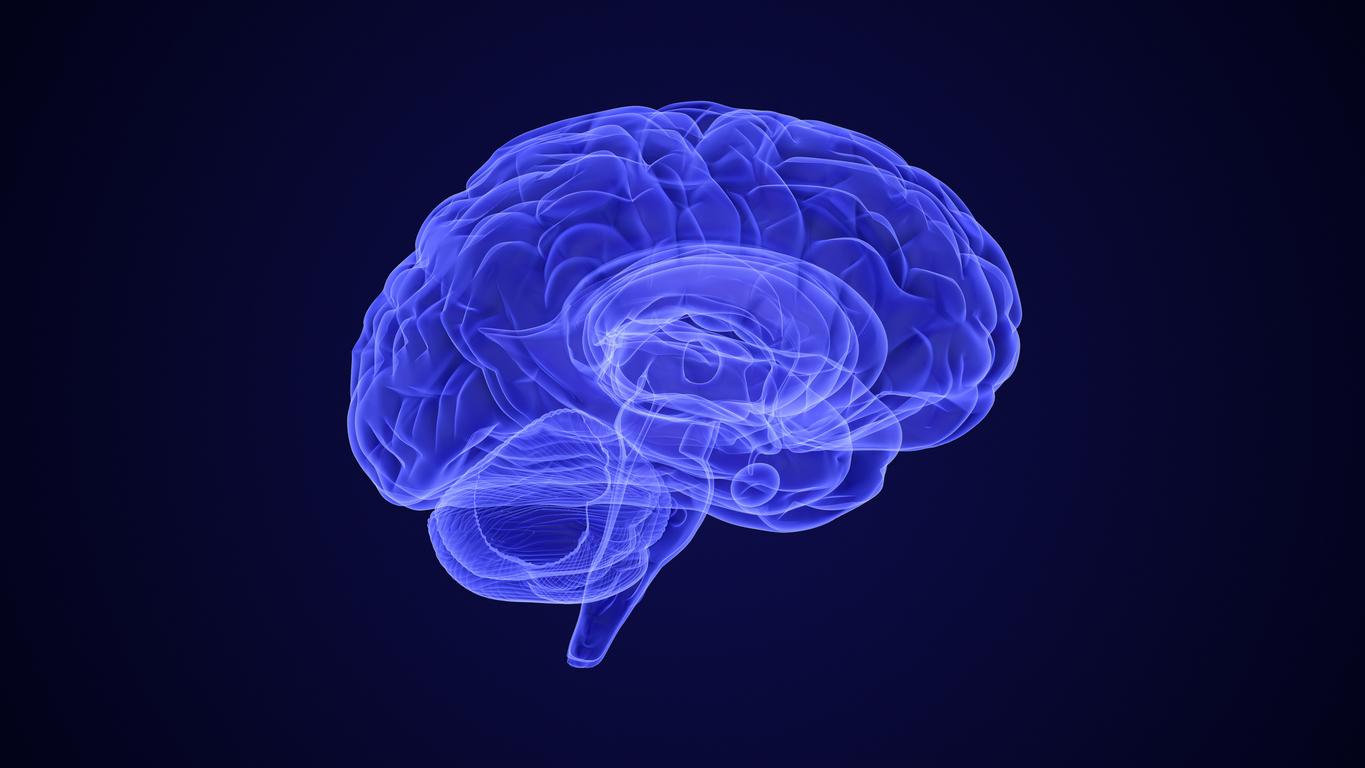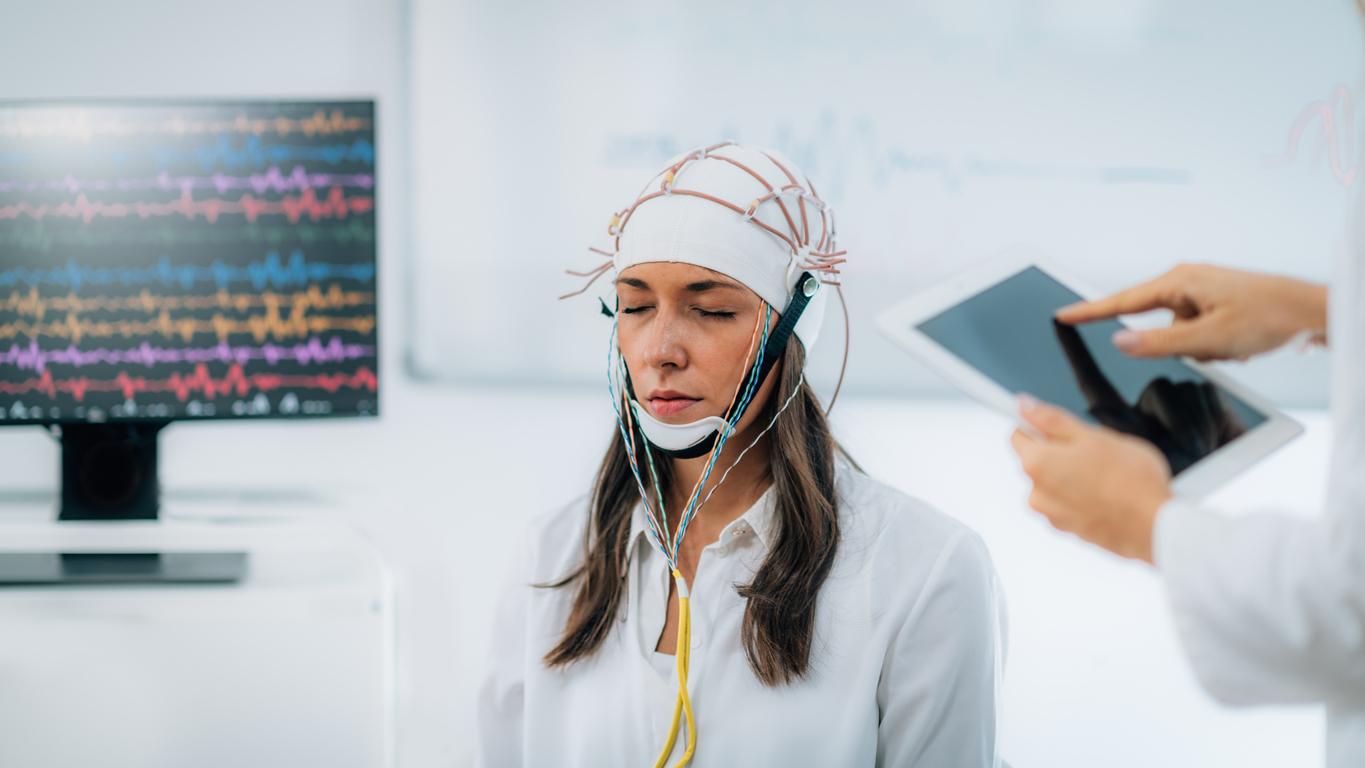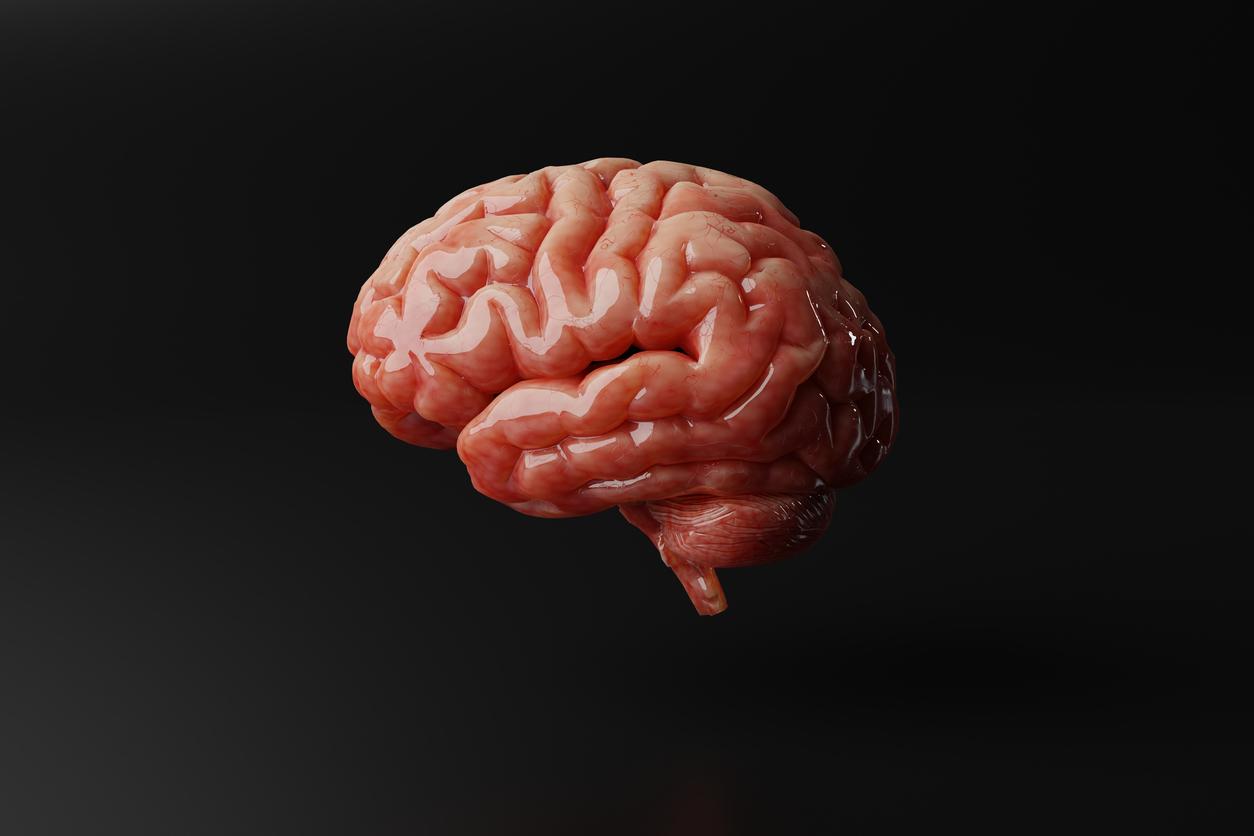Five people who had cognitive deficits following head trauma saw their attention span and quality of life improve after having brain implants.
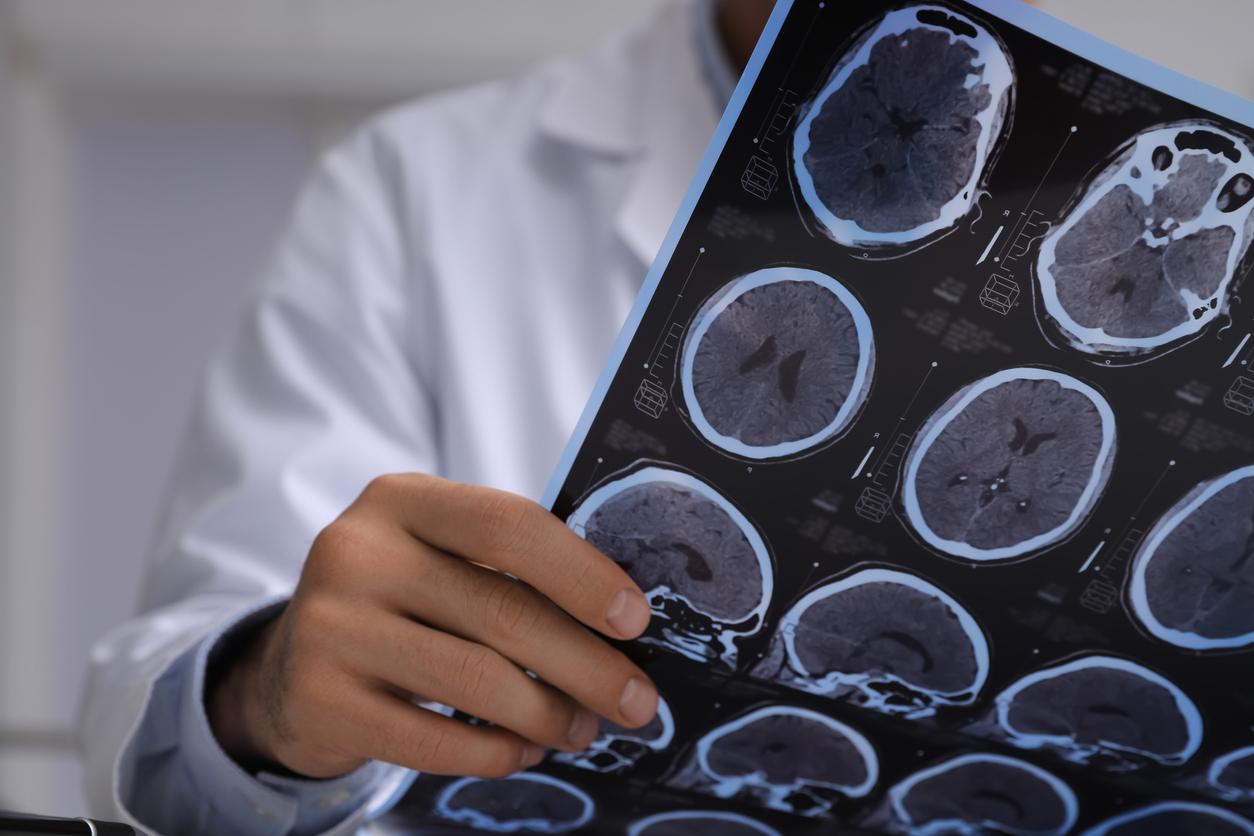
- Five people who had apparently irreversible cognitive deficits following head trauma showed improvements in their cognitive ability and quality of life after receiving deep brain stimulation.
- After three months of treatment, all participants scored higher on a standard test of executive function involving mental control. Improvements ranged from 15% to 55%.
- Further research is needed to optimize this type of treatment and confirm its safety for patients.
Five people with significant cognitive impairment after suffering a head injury saw their cognitive abilities improve significantly after the placement of an implant allowing deep brain stimulation (DBS) at the level of the thalamus.
This trial conducted by researchers from Weill Cornell Medicinefrom Stanford University, from Cleveland Clinicfrom Harvard Medical School and the University ofUtah was featured in the journal Nature MedicineDecember 4.
Trauma cranial and brain stimulation: up to 55% cognitive improvement
For this study, researchers recruited four men and one woman who had suffered a head injury that occurred between three and 18 years before the launch of the trial. Although they had regained independence in their daily functions, they had cognitive deficits involving executive functions that prevented a return to their pre-injury level of work, academic studies, and social life.
These 5 volunteers benefited from deep brain stimulation 12 hours a day. It targeted a region of the brain called the thalamus. After three months of treatment, all participants had improved scores on an executive function test, with improvements ranging from 15% to 55%. They also showed improvements in their attention span. “Several participants and their family members reported substantial gains in quality of life, including improvements in the ability to work and participate in social activities”specifies Press release.
“The ability to stay focused and ignore other things that are not important to focus on is very, very important for many things in life”explains a participant in the report. “You don’t know what a blessing it is until you get it back.“
“These participants had suffered brain damage years or even decades before, and it was thought that the possible healing process had already taken place. So we were surprised and happy to see how much they improved.”adds co-senior author of the study, Dr. Nicholas Schiff.
Deep brain stimulation: further research needed
“Despite After decades of costly research, we have made little progress in preventing or reducing head injury-related disability. Our results, although preliminary, suggest that deep brain stimulation could improve cognitive function well into the chronic phase of healing.”believes Dr. Joseph Giacinoa neuropsychologist who helped design the experiment.
The results obtained with these 5 volunteers suggest that deep brain stimulation could be an effective treatment for people suffering from cognitive deficits after traumatic brain injuries. The researchers now plan to continue their work, with 25 to 50 participants. The objective of this phase 2 will be to optimize the treatment, to confirm its safety and effectiveness or to determine for which patients the procedure would be beneficial. If this new trial goes well, a larger phase 3 study would follow.
“There is a long way to go, recognized Dr. Schiff, but at least we have one path.“








